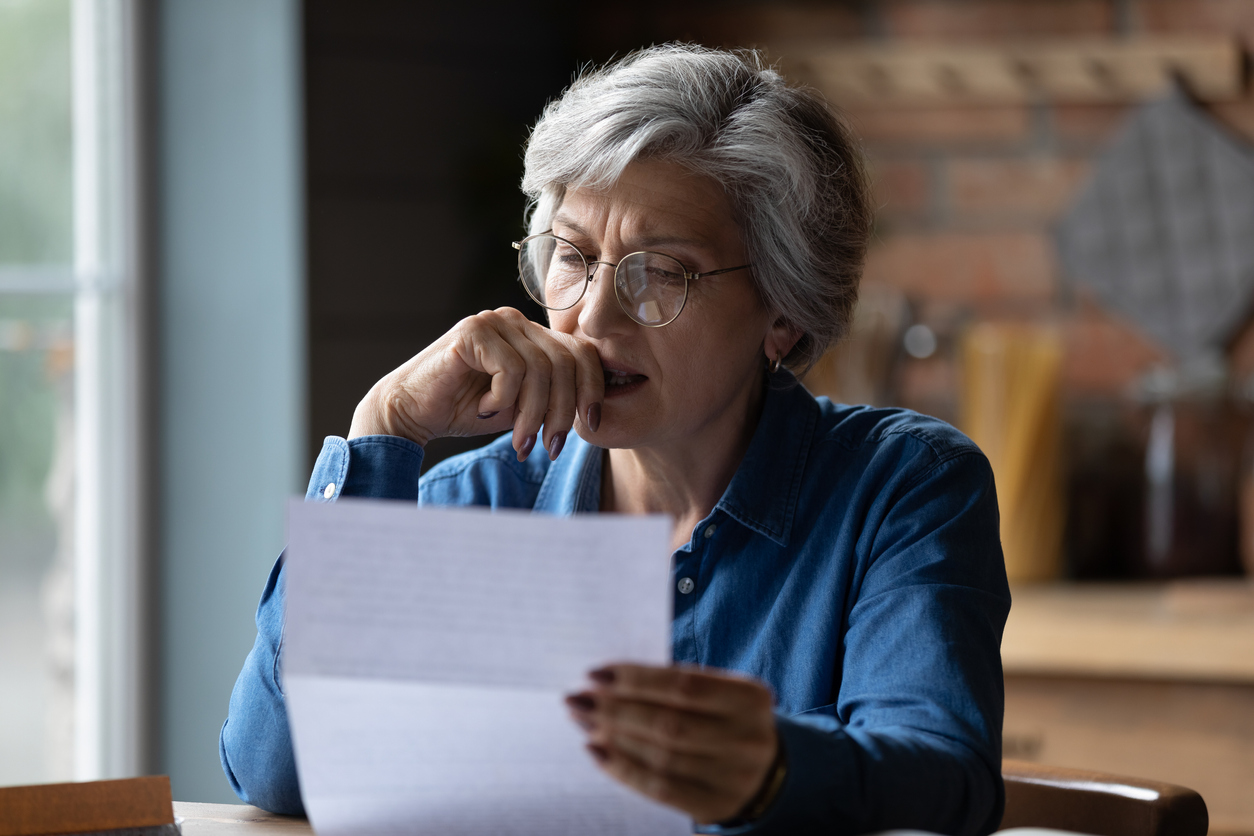Health literacy is a term we’ve all heard, but what does it really mean? How does it relate to better health outcomes for older adults? There are two forms of health literacy. Personal health literacy is an individual's ability to find, understand, and use information and services to inform health-related decisions and actions. Organizational health literacy focuses on an organization equitably enabling individuals to gain personal health literacy. The latter reflects the need for a transparent and informative healthcare system. This importance is even more salient in vulnerable populations like older adults and their families who are often unaware that they have a voice.
There is a strong connection between health literacy, effective health services and positive health outcomes. How do we increase health literacy to improve health outcomes for older adults? Providers can use clear written and verbal language with patients, and use educational models, such as teach-back. Community health providers and organizations can provide health education through community centers, churches and other areas that are accessible to community dwelling older adults. One of HIGN’s current projects is having NYU Meyers nursing students lead health education workshops in senior centers. The students present age-related topics from our existing Volunteer Health Corps materials and attendees are encouraged to actively participate. The students can also train older adults who are interested in becoming Trusted Messengers to provide reliable, evidence-based health information to peers, friends and family. This can be done casually, or the messengers can lead formal health workshops in the community.
Empowering people with health literacy needs to be a priority in our public health system. Community-based organizations provide a perfect environment for addressing healthy behaviors, chronic disease management and social determinant needs for health promotion. As public health ambassadors, health professionals must be prepared to provide health literacy education to their care recipients.
----------

 Donation
Donation
